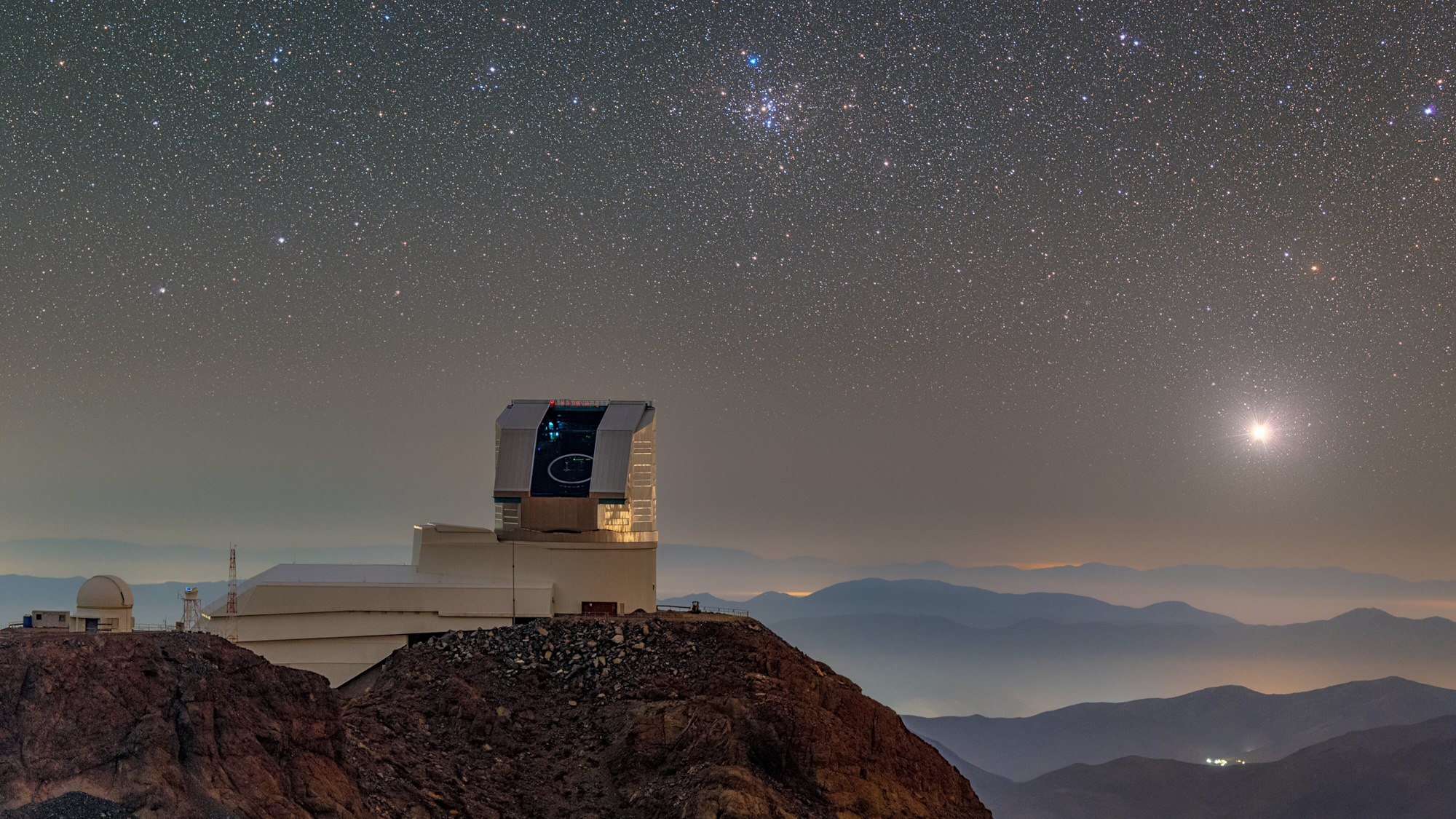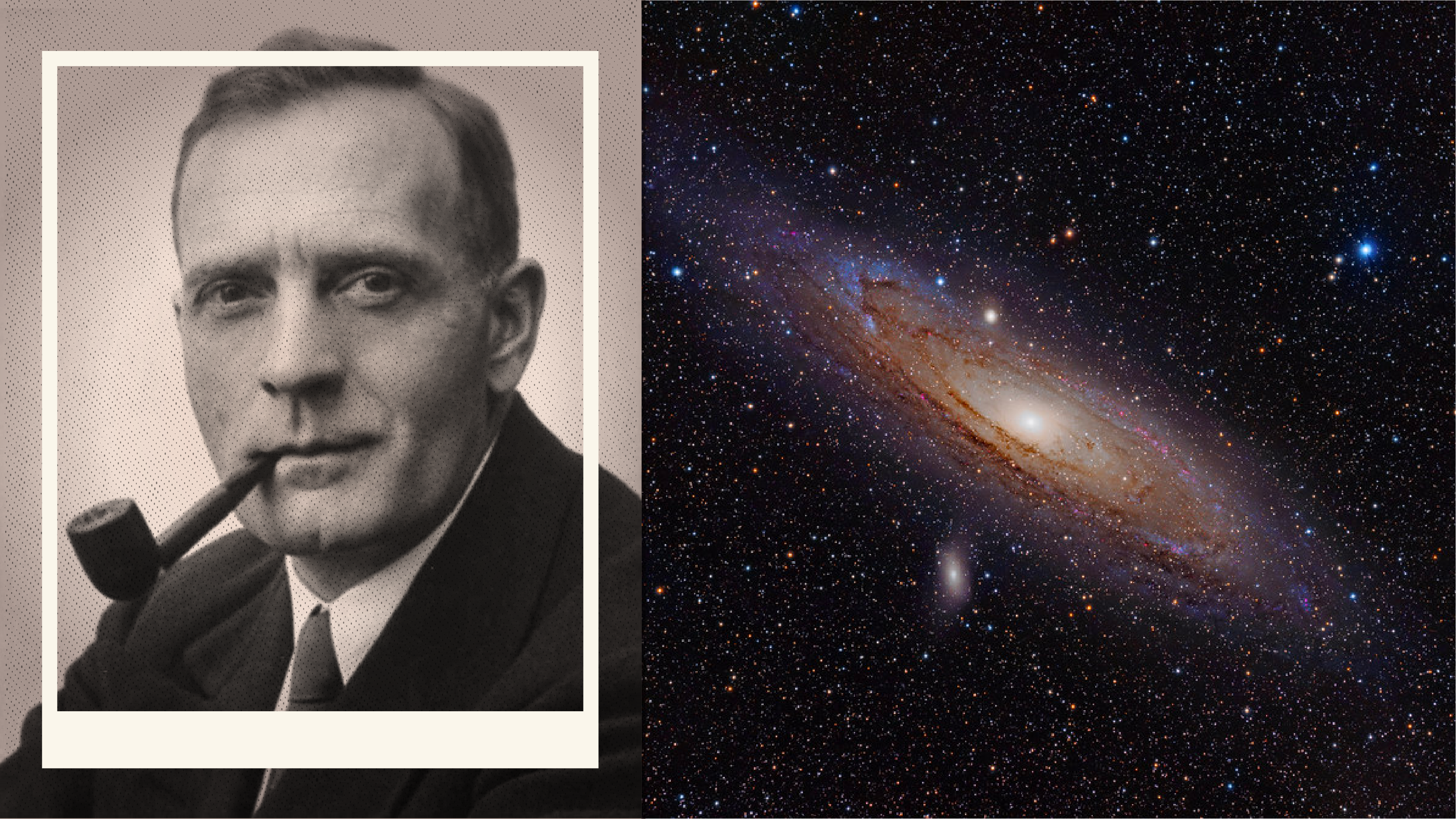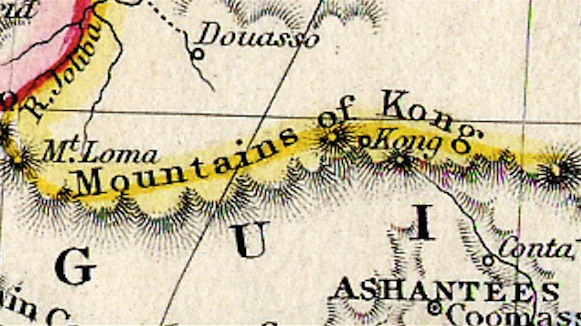Mostly Mute Monday: A Pulsing Cosmic Echo
Cepheids are the hottest, brightest variable stars of all. When they’re surrounded by gas, a spectacular light-echo can follow.
“What is history? An echo of the past in the future; a reflex from the future on the past.” –Victor Hugo
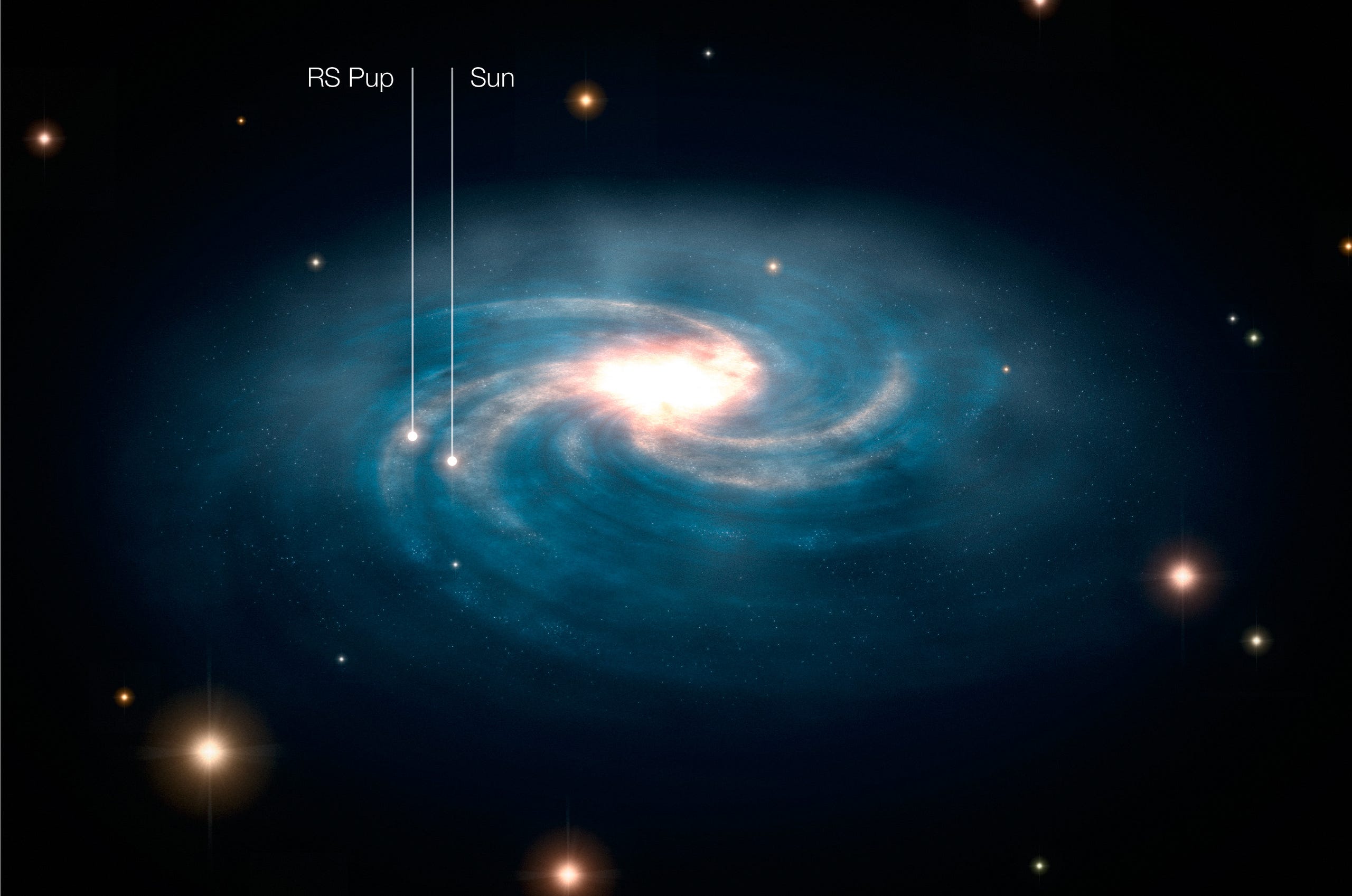
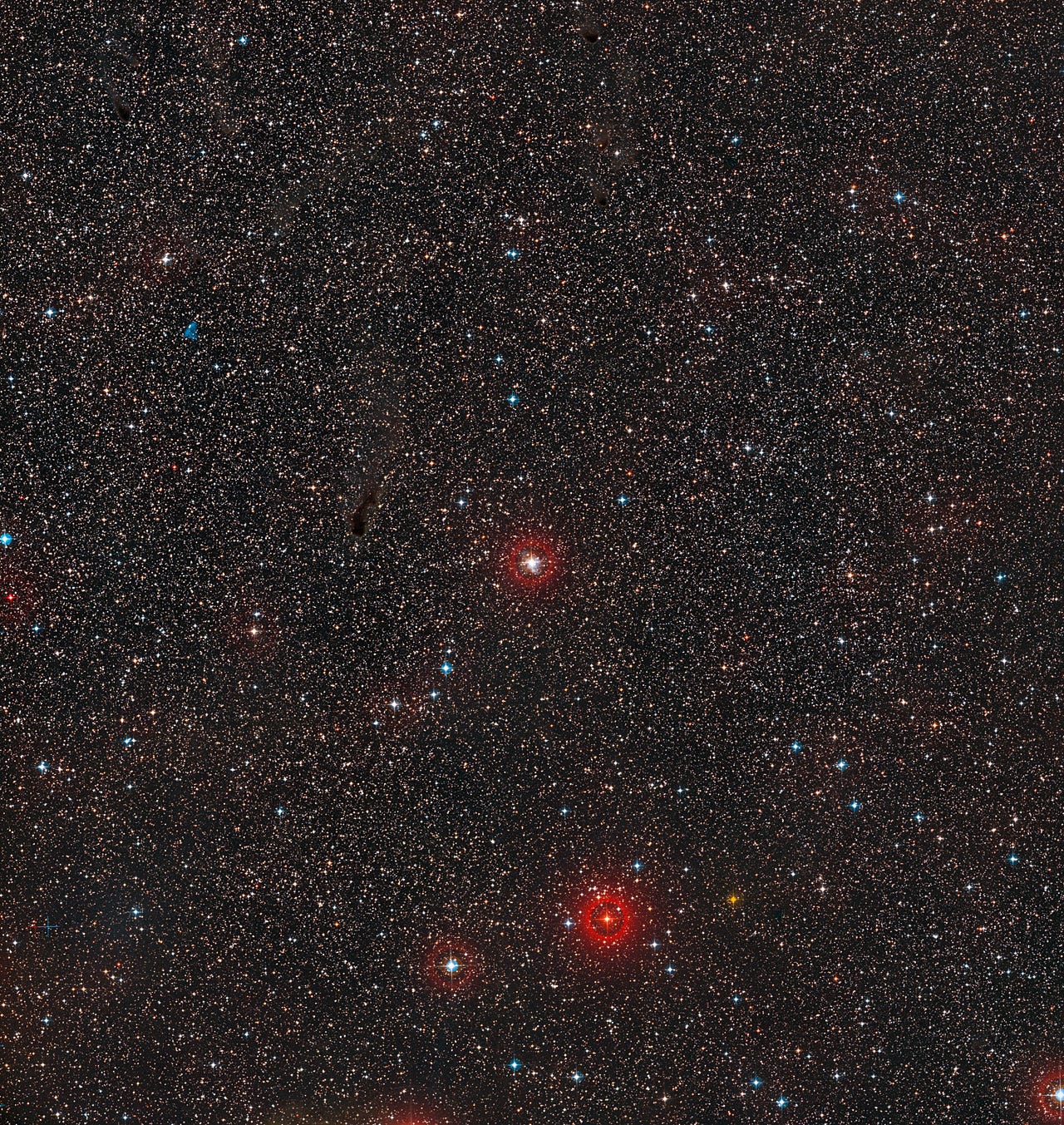
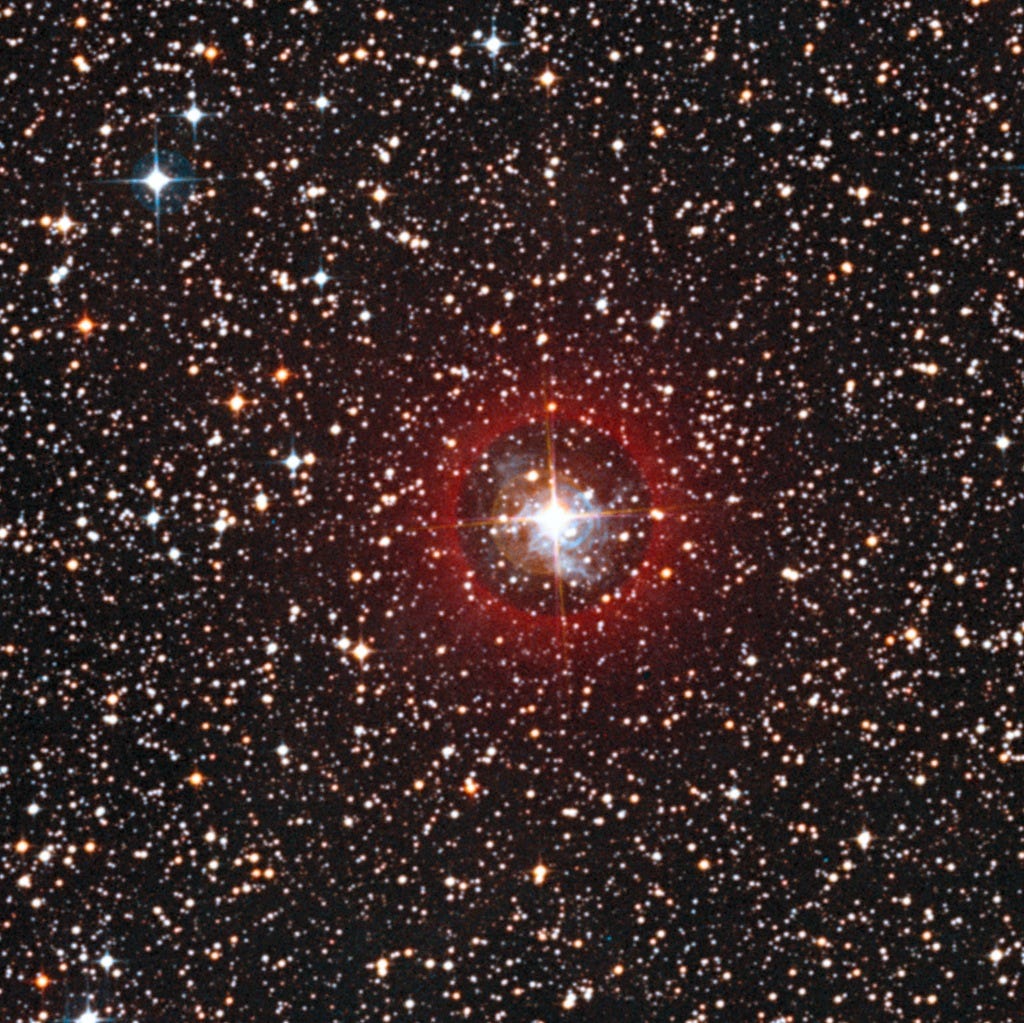
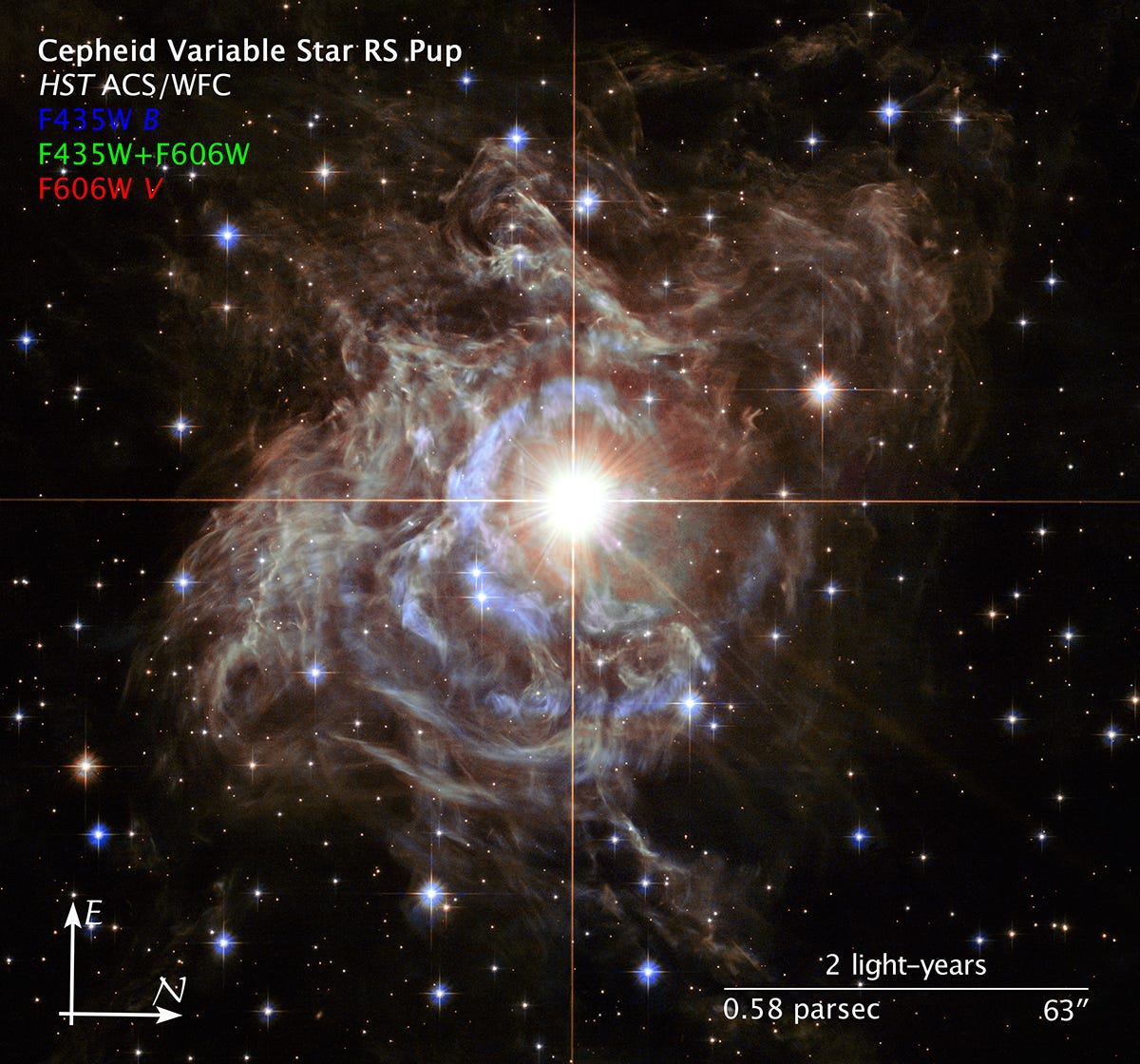
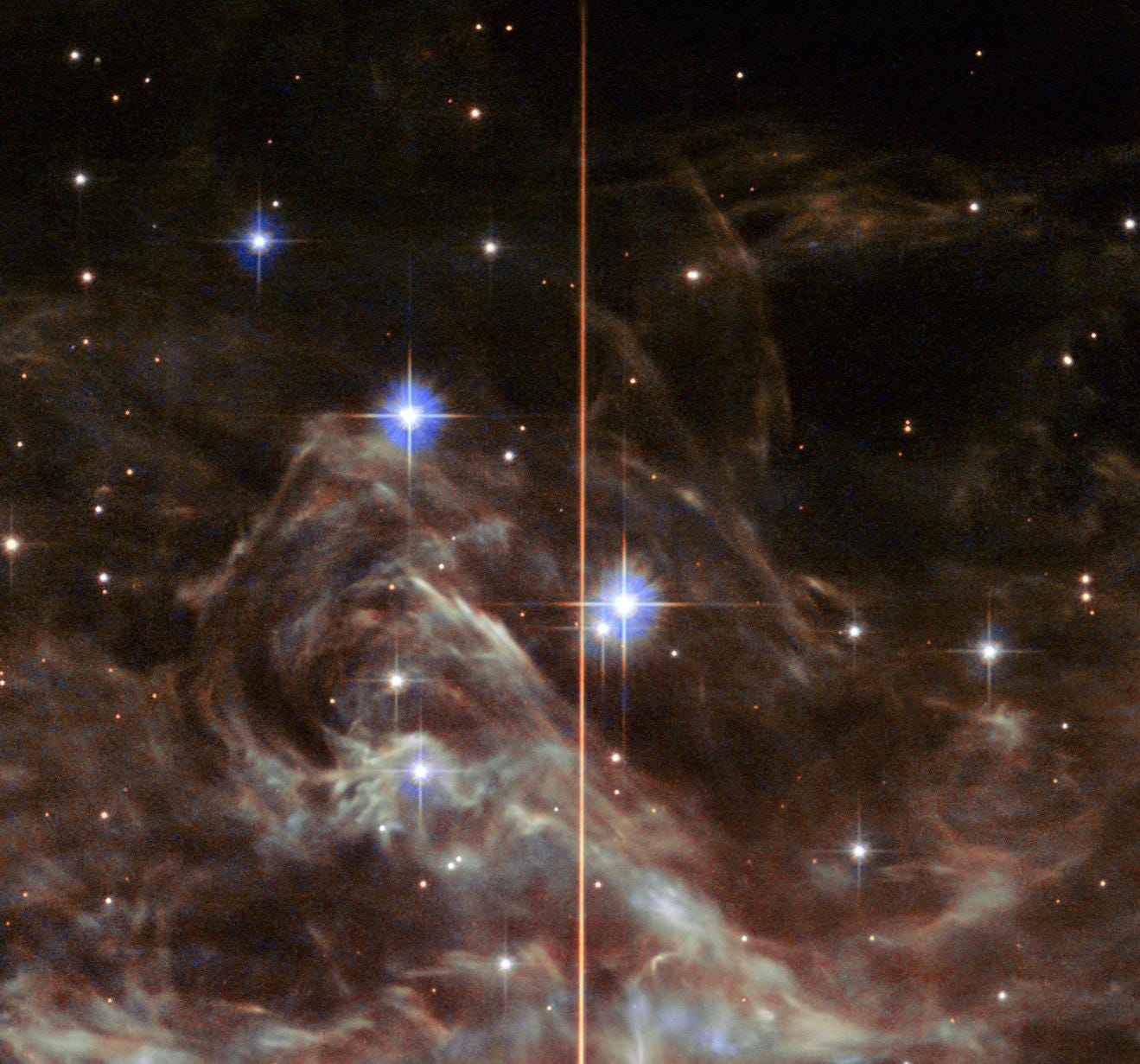
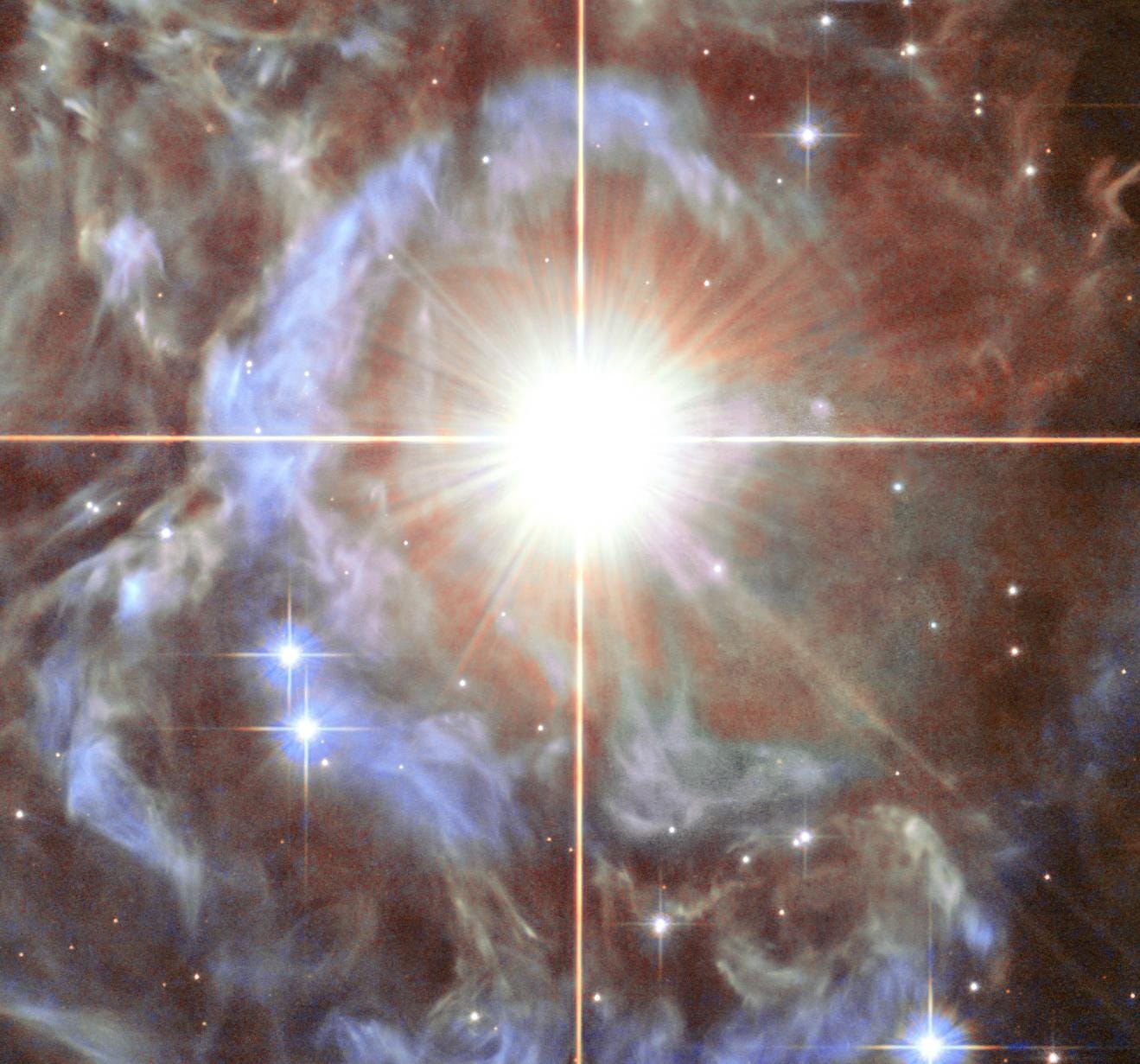
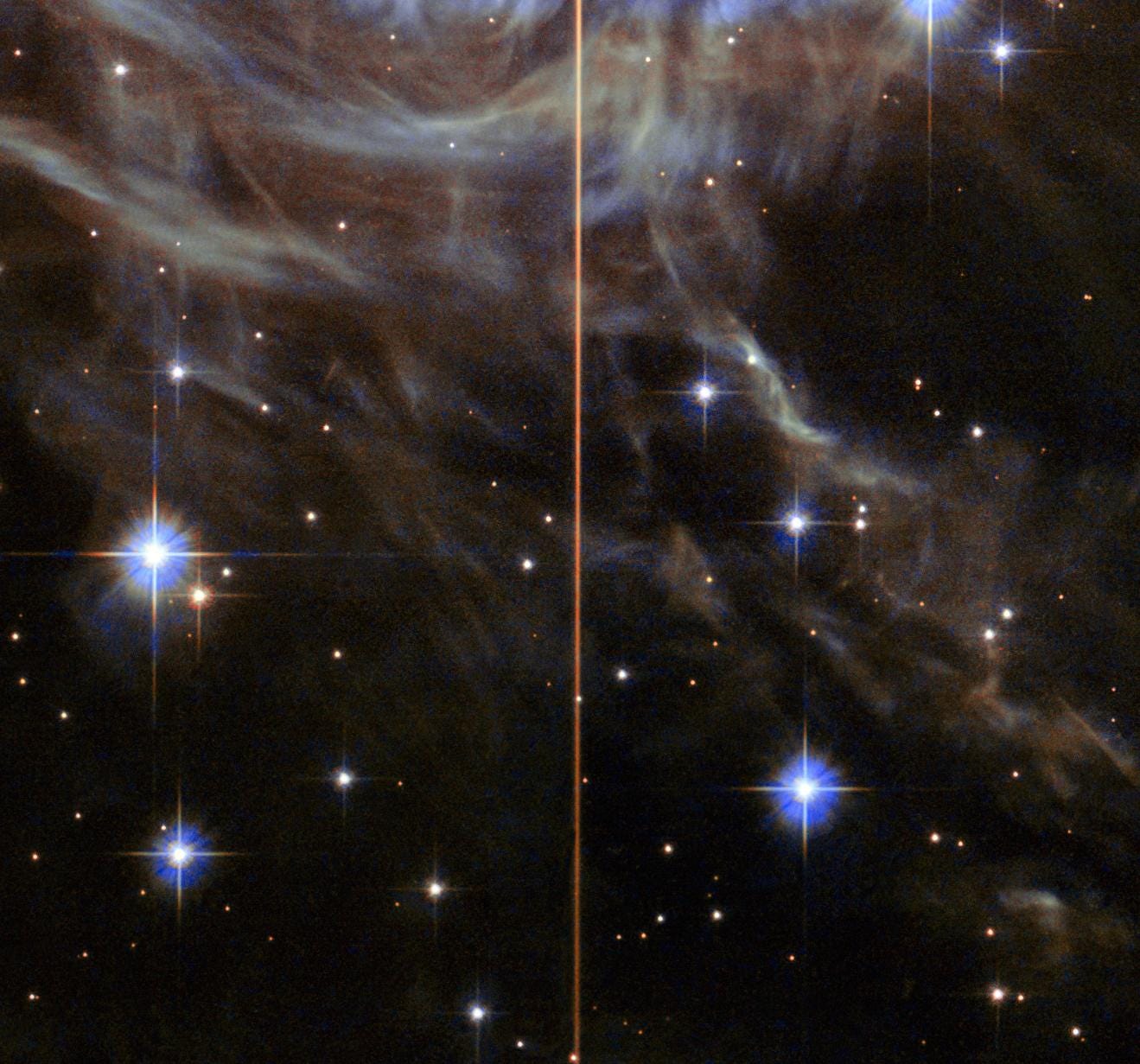
When new stars form in the arms of spiral galaxies, they come in all sizes, temperatures and masses. The largest of these are the O and B-class stars, many times the mass of the Sun. As they age, they rapidly burn through the hydrogen in their cores, evolving into not mere red giants but often into yellow supergiants, which can have their outer layers “pulse” and vary due to the instabilities inherent at the surface. While they’re incredibly bright (tens-to-hundreds of thousands times the brightness of our Sun), their brightness can vary tremendously on the timescales of days, placing them in the class of Cepheid variable stars.
Above, RS Puppis is the Cepheid whose distance is measured most accurately (to ~1.4% precision), thanks to the copious amount of ejected gas surrounding the star. This gas is illuminated by the “pulse” of brightness-and-dimness emanating from the star, which varies by a factor of five in brightness over a period of 41.4 days. Below, videos of the 3D light-echo showcase this effect. Despite being 6,500 light-years away, it’s so bright it’s almost visible to the naked eye, intrinsically being 15,000 times brighter than our Sun.
Mostly Mute Monday tells the story of a single astronomical phenomenon or object in visuals, images, video and no more than 200 words.
Leave your comments on our forum, and support Starts With A Bang on Patreon!
